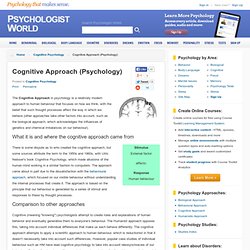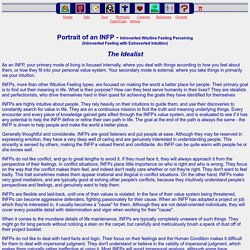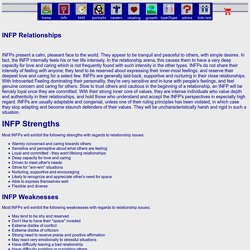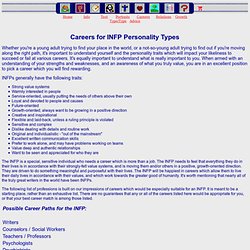

Famous Quotes at BrainyQuote. Personality Stuff. Cognitive Psychology - Cognitive Psychology. Search Psychologist World: Cognitive Psychology Home › Cognitive Psychology › Cognitive Psychology Cognitive Psychology looks at the ways in which we can explain disorders and behavior through cognitive processes.

Learn about the Cognitive Approach and the studies, experiments and treatments relating to it. More Approaches in Psychology: Sign Up for Full Access Access hundreds of theories, approaches, study and experiment overviews, plus a range of psychology guides including Body Language Reading and How to Interpret Your Dreams. Sign Up Today › Most Read in Cognition: Key Studies in Cognition: Cognition Tests: Stress, Depression & Anxiety Test Related Therapies: Cognitive Approach (Psychology) - Cognitive Psychology. The Cognitive Approach in psychology is a relatively modern approach to human behaviour that focuses on how we think, with the belief that such thought processes affect the way in which we behave (other approaches take other factors into account, such as the biological approach, which acknowledges the influences of genetics and chemical imbalances on our behaviour).

What it is and where the cognitive approach came from There is some dispute as to who created the cognitive approach, but some sources attribute the term to the 1950s and 1960s, with Ulric Neisser's book Cognitive Psychology, which made allusions of the human mind working in a similar fashion to computers. The approach came about in part due to the dissatisfaction with the behavioural approach, which focused on our visible behaviour without understanding the internal processes that create it. Comparison to other approaches Key Assumptions Human behaviour can be explained as a set of scientific processes.
Study Reveals Majority Of Suicides Occur While Trying To Put Fitted Sheet On Bed. The Personality Page. Portrait of an INFP. As an INFP, your primary mode of living is focused internally, where you deal with things according to how you feel about them, or how they fit into your personal value system.

Your secondary mode is external, where you take things in primarily via your intuition. INFPs, more than other iNtuitive Feeling types, are focused on making the world a better place for people. Their primary goal is to find out their meaning in life. What is their purpose? How can they best serve humanity in their lives? INFPs are highly intuitive about people. Generally thoughtful and considerate, INFPs are good listeners and put people at ease.
INFPs do not like conflict, and go to great lengths to avoid it. INFPs are flexible and laid-back, until one of their values is violated. When it comes to the mundane details of life maintenance, INFPs are typically completely unaware of such things. INFP Relationships. INFPs present a calm, pleasant face to the world.

They appear to be tranquil and peaceful to others, with simple desires. In fact, the INFP internally feels his or her life intensely. In the relationship arena, this causes them to have a very deep capacity for love and caring which is not frequently found with such intensity in the other types. Careers for INFP Personality Types. Whether you're a young adult trying to find your place in the world, or a not-so-young adult trying to find out if you're moving along the right path, it's important to understand yourself and the personality traits which will impact your likeliness to succeed or fail at various careers.

It's equally important to understand what is really important to you. When armed with an understanding of your strengths and weaknesses, and an awareness of what you truly value, you are in an excellent position to pick a career which you will find rewarding. INFPs generally have the following traits: The INFP is a special, sensitive individual who needs a career which is more than a job. Personal Growth. Perhaps the most important realization that an individual can make in their quest for personal growth is that there is no single formula that defines the path to personal success. We all have different goals and priorities, which means that different activities and attitudes will make us feel good about ourselves. We also have different natural strengths and weaknesses that are a part of our inherent personality type. How then, as individuals, can we feel successful in our lives?
Each personality type has a different idea of what it means to be successful. Self-knowledge is one common goal that will help everyone achieve personal success. While improving our self-knowledge and realizing our true goals can be very liberating, we should not discard the rules of the society in which we live. Psychology. Psychology is an academic and applied discipline that involves the scientific study of mental functions and behaviors.[1][2] Psychology has the immediate goal of understanding individuals and groups by both establishing general principles and researching specific cases,[3][4] and by many accounts it ultimately aims to benefit society.[5][6] In this field, a professional practitioner or researcher is called a psychologist and can be classified as a social, behavioral, or cognitive scientist.

Psychologists attempt to understand the role of mental functions in individual and social behavior, while also exploring the physiological and biological processes that underlie cognitive functions and behaviors. While psychological knowledge is often applied to the assessment and treatment of mental health problems, it is also directed towards understanding and solving problems in many different spheres of human activity. Etymology History Structuralism Functionalism Psychoanalysis Behaviorism Humanistic. Myers-Briggs. Philosophy.